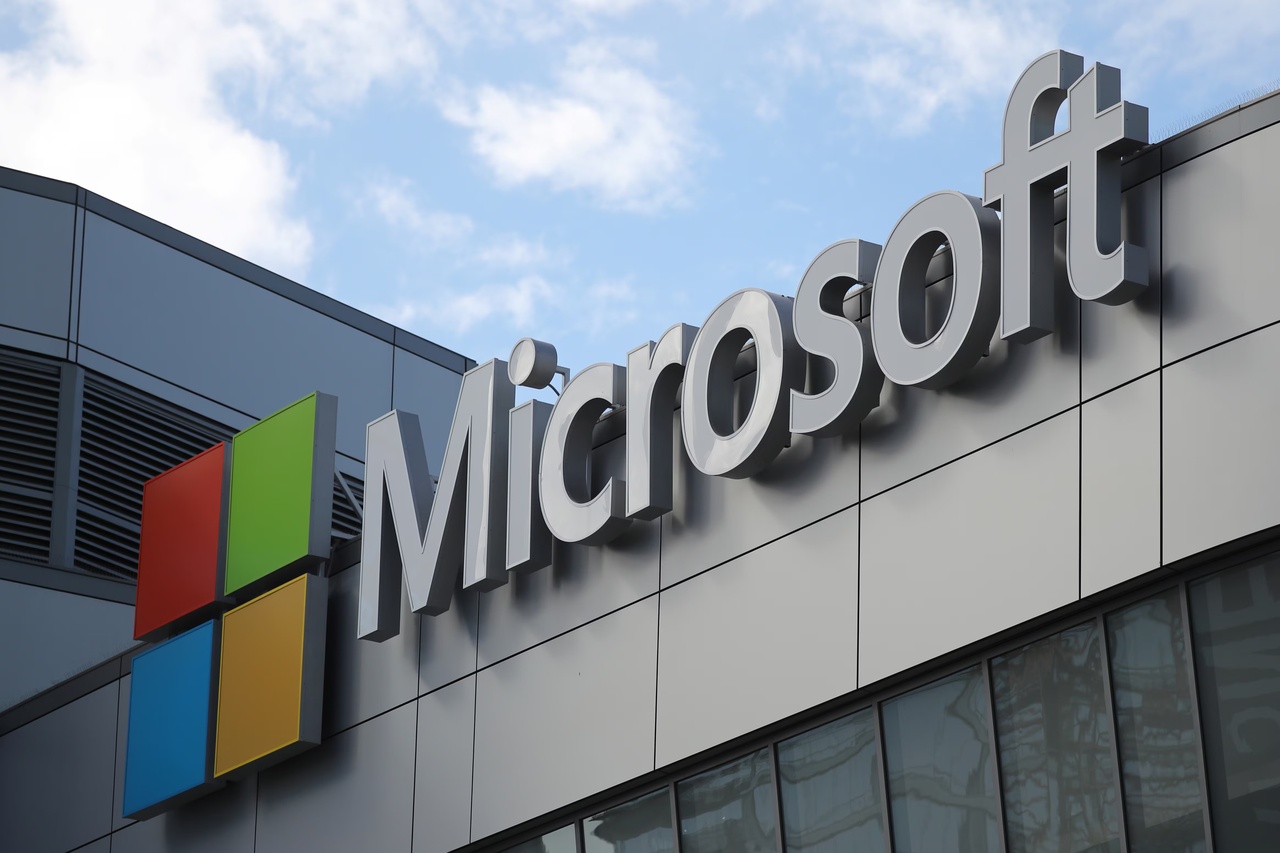Healthcare, Harvard, and a Prescription for Relevance
Today I want to touch upon an interesting story I’ve read in the WSJ. Something I found extremely intriguing: a move orchestrated by Microsoft. The company might just have come up with a smart, highly sustainable strategy and basically unlimited upside if scaled correctly. Microsoft struck a deal with Harvard Health Publishing, letting it feed licensed health content straight into Copilot. The goal? Turn AI health advice from slightly-better-than-a-random-Google-search into something that feels a little closer to what your actual doctor might say.
Let’s be honest, Microsoft has been playing catch-up lately. Ironically, they are chasing their own investment: OpenAI. Sam Altman still owns the spotlight, Copilot is miles behind not only ChatGPT but also Gemini. So, instead of competing head-to-head in general AI, they’re going for a vertical approach: healthcare. Smart move. If you can’t win the popularity contest, at least own a niche that actually matters. Assuming this strategy works out, Microsoft could create an empire (on top of their existing one, of course). Let’s not get ahead of ourselves, though, the project is still in its early stages. But…
The upside is real. Healthcare is the ultimate long game and a clear differentiator. If Copilot can become the trusted source for reliable, medically vetted information, that’s not just a nice-to-have, it’s a very wide moat in a field not completely explored. Hospitals, insurers, pharma companies would line up for that kind of trustworthy, compliant AI. It’s also a chance for Microsoft to remind the world that it can build something again, beyond Office 365 integrations and smart early investments.
But the risks are still massive, especially reputationally. This isn’t about summarizing emails, it’s human health, potentially with lives at stake. One scandal, one negative insider comment, and the project might die before it can say its first word. A single wrong medical suggestion can cause chaos, lawsuits, or worse. Regulators will be circling this like hawks. Even with Harvard’s stamp of approval, the margin for error is microscopic.
Still, the directional shift is an excellent idea. It’s bold, calculated, and it shows Microsoft understands one crucial truth: They probably lost the race for “regular” models, but utility remains widely unexplored. If Copilot becomes the AI people actually trust, not just for productivity but for personal advice, that’s a long-term win. Just consider all the doors this step could open. If AI can replace minor doctor visits, could it also work as a substitute for psychologists in the future? There is so much potential in this area, and Microsoft is starting to fill it.
For now, let’s just say this: Microsoft’s not just chasing OpenAI anymore. It’s trying to build its own operating room for the next generation of AI. Whether it becomes a success story or a malpractice case… time will tell, but this could be a generational opportunity and something people look back on as a key moment for AI use cases.


